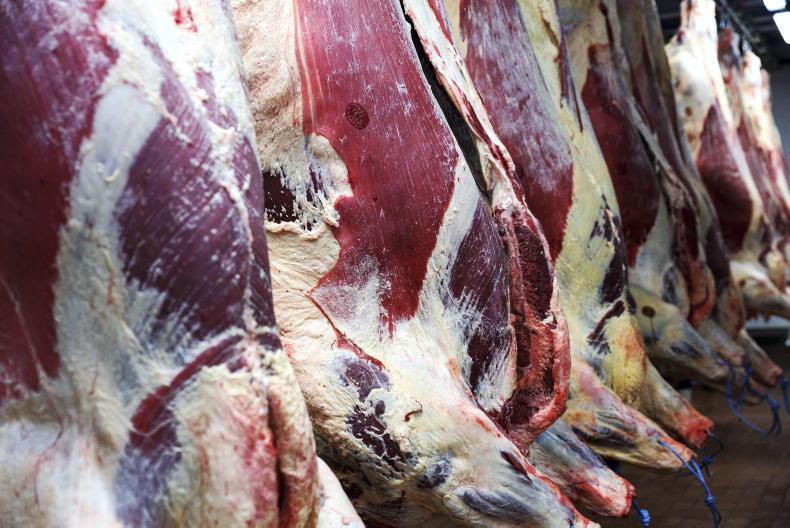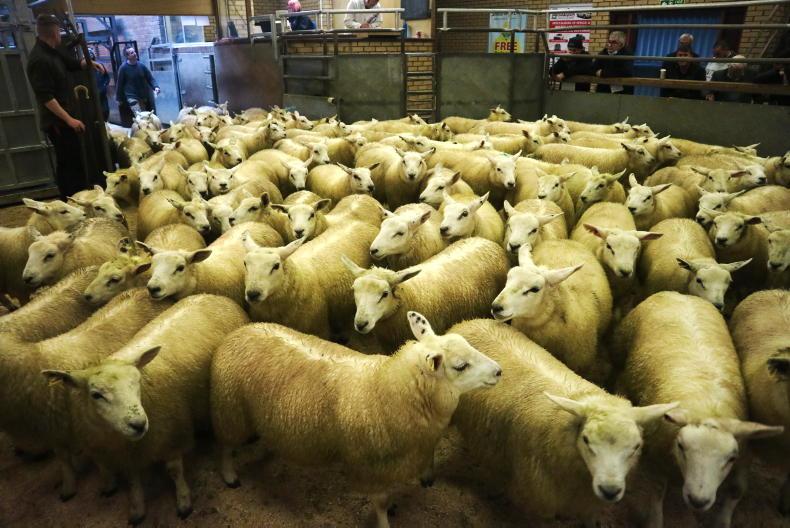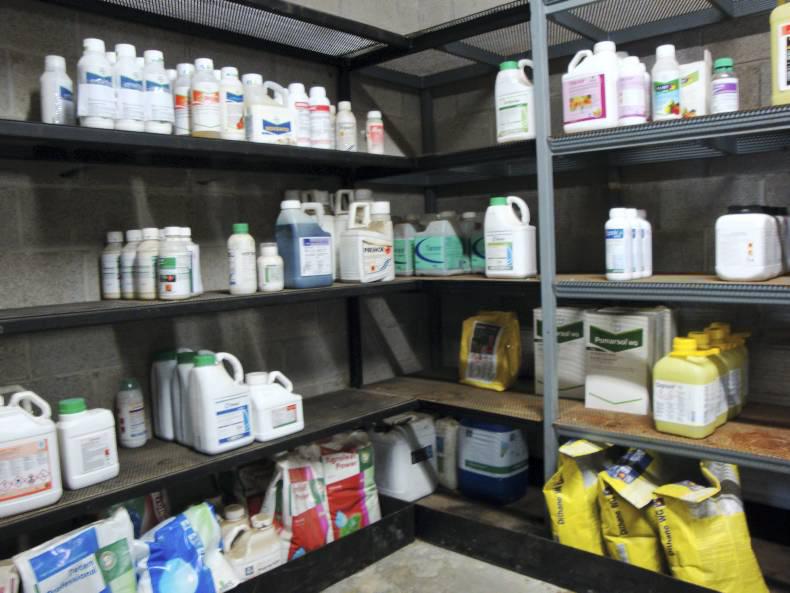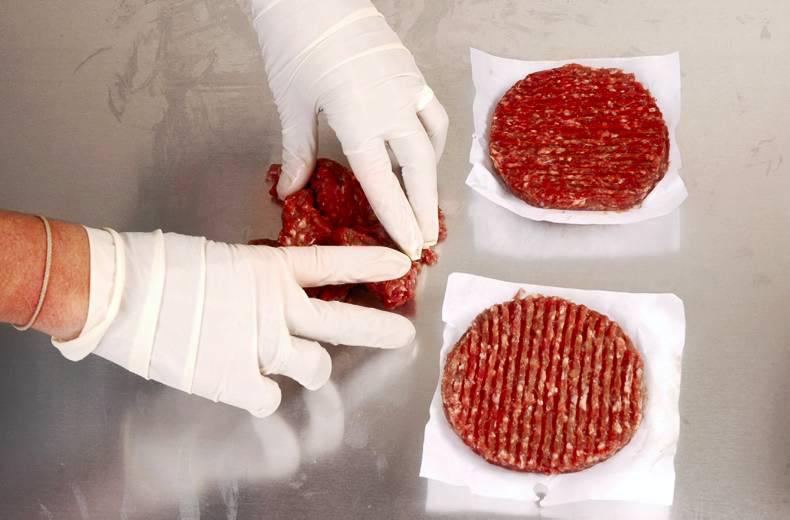Trade talks can take some time to get really going, a senior agriculture representative from the US Embassy told a conference in England this week. Speaking at the Agriculture and Horticulture Development Board (AHDB) Conference in Stoneleigh, US agriculture counsellor for the UK and Ireland, Stan Philips, was referencing the 11 rounds of talks which have taken place between the EU and the US in its potential trade deal, known as TTIP.
With this point having been reached in the last round in Miami on 23 October, it suggests chances of an agreement this side of US Presidential elections in 2016 seem remote. Yet when pressed in the subsequent discussion session, Philips refused to rule out the possibility. However, he did describe at length the gaps that remain between the US and Europe, in particular emphasising the US unhappiness with the dilution of the quota for high-quality beef.
This was agreed after the WTO ruling that Europe was wrong to ban US imports for using hormones as it had insufficient scientific support to enforce a ban. A compromise was thrashed out giving the US preferable terms for supplying Europe with non-hormone beef. Subsequently this quota has been accessed by other South American countries and diluted the amount available to US exporters.
It was explained that if the political will is there, the deal can be fast-tracked. However, it must have the confidence of EU Parliament and the US Congress, as they can both veto it.
The unpredictable nature of trade discussions is reflected in the development of the Trans Pacific Partnership (TPP) agreement between the US and Pacific trading partners.
A few days ago, the thinking was that with the new government in Canada and delays in getting the final text negotiated could delay the publication of the agreement and the lobbying in Congress to get its approval. However, it appears discussions in Japan last week between the TPP parties went better and faster than expected and publication of a text is imminent.
From all this, it seems pretty clear that a trade agreement with the US will happen – the question is when. The red-line issue for Irish farmers has to be production standards. Essentially this is hormones in imported beef being offered for sale alongside Irish and European product.










SHARING OPTIONS